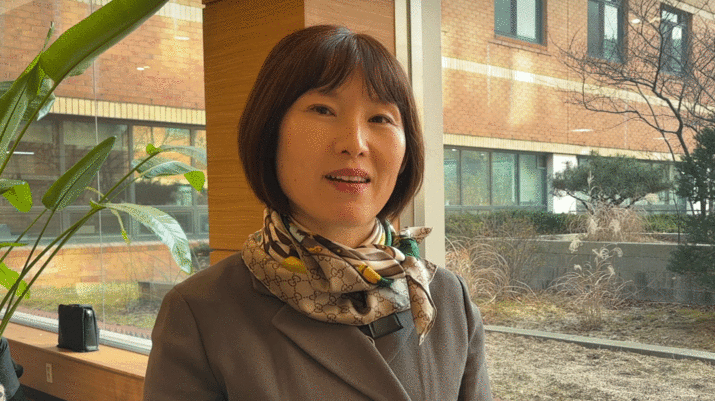Upcoming events
Voici les prochains évènements du réseau
Actualités
Ils nous ont rejoint
Témoignages
571 243
Alumni
15
événements
10 255
Offres
1 159
Partenaires







































